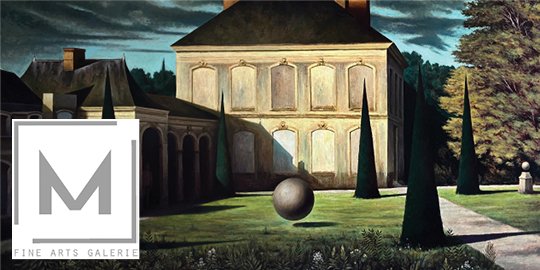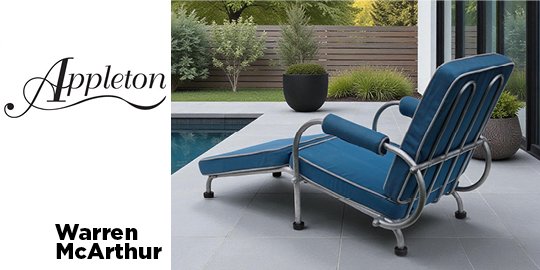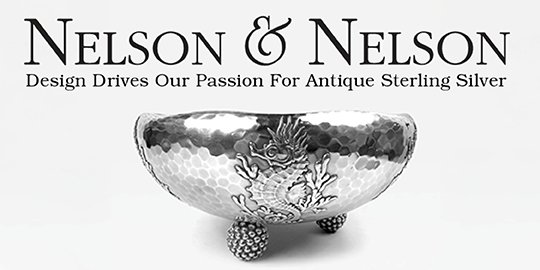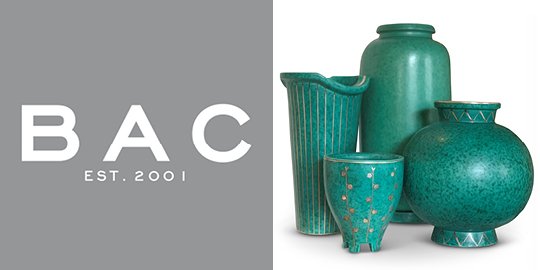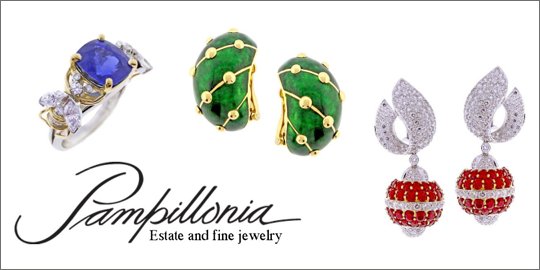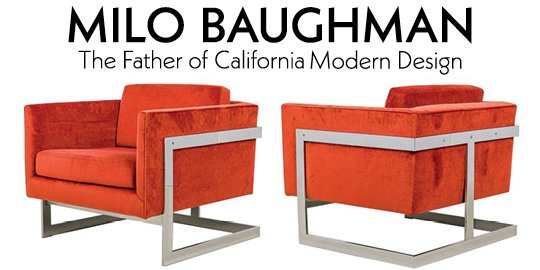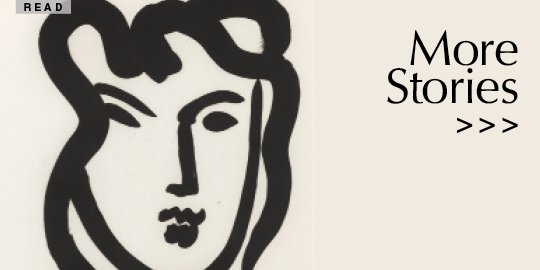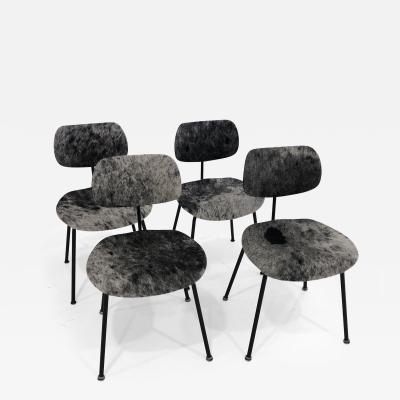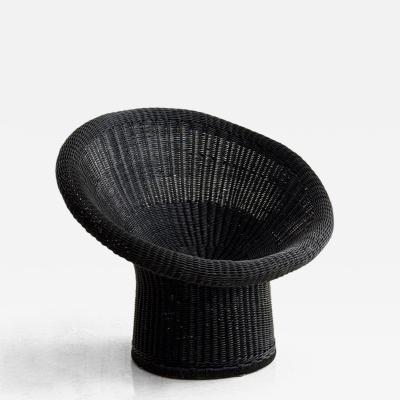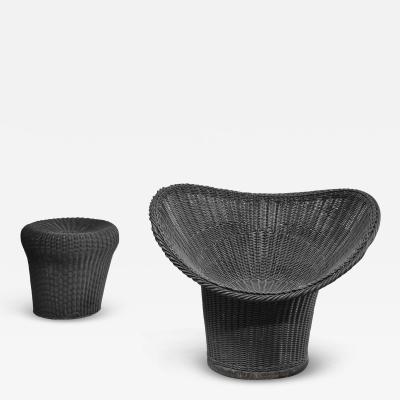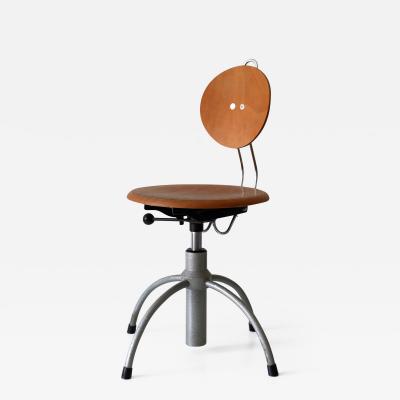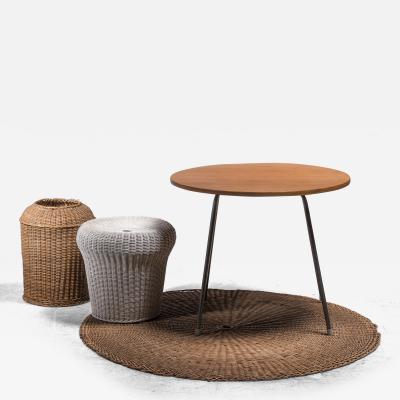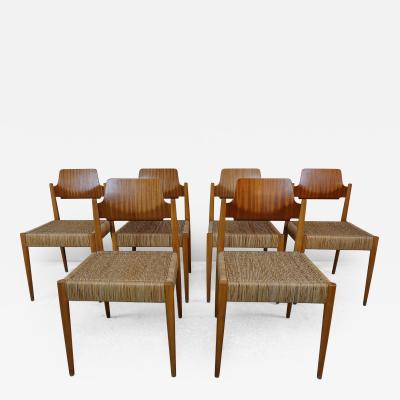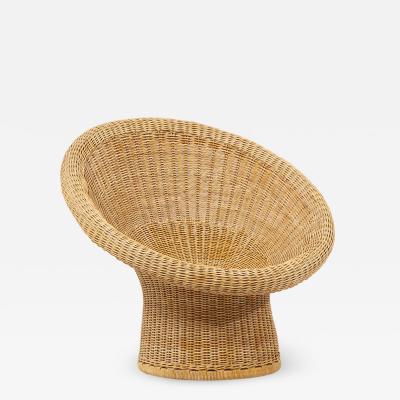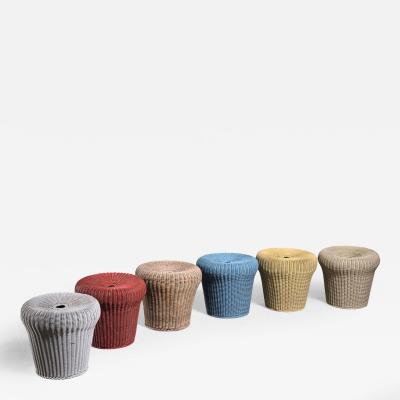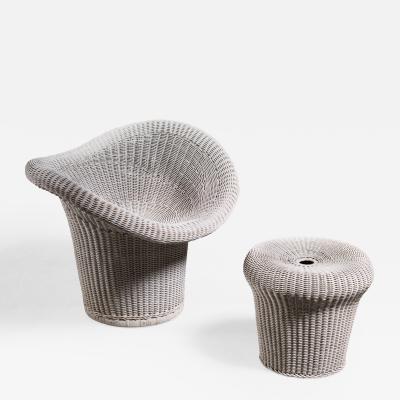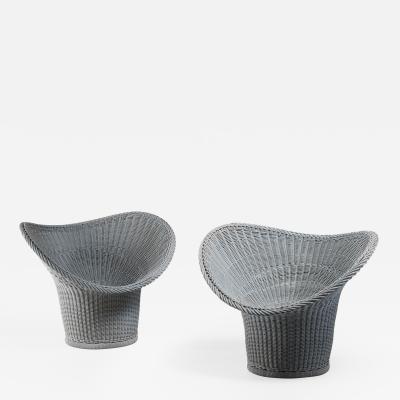Egon Eiermann
German, 1904 - 1970
Egon Eiermann was a German architect and furniture designer, who is widely regarded as one of the most influential designers of the mid-20th century. He was born on September 29, 1904, in Neuendorf, Germany, and passed away on July 20, 1970, in Baden-Baden, Germany.
Eiermann is best known for his work in modernist architecture, designing buildings such as the Kaiser Wilhelm Memorial Church in Berlin and the German Pavilion at the 1958 Brussels World's Fair. However, he was also a prolific furniture designer, creating pieces that were known for their clean lines, functionalism, and understated elegance.
Eiermann's most famous furniture design is arguably the SE 18 folding chair, which he created in 1952. The chair is characterized by its simple, lightweight design, which features a tubular steel frame and a canvas or leather seat and backrest. The SE 18 was widely used in schools, churches, and other public spaces, and it remains a popular choice for those seeking a minimalist, utilitarian aesthetic.
In addition to the SE 18, Eiermann designed a range of other furniture pieces, including tables, desks, and shelves. His furniture designs were often characterized by their modular construction and adaptability, allowing them to be easily reconfigured and adapted to different spaces and uses.
Eiermann is best known for his work in modernist architecture, designing buildings such as the Kaiser Wilhelm Memorial Church in Berlin and the German Pavilion at the 1958 Brussels World's Fair. However, he was also a prolific furniture designer, creating pieces that were known for their clean lines, functionalism, and understated elegance.
Eiermann's most famous furniture design is arguably the SE 18 folding chair, which he created in 1952. The chair is characterized by its simple, lightweight design, which features a tubular steel frame and a canvas or leather seat and backrest. The SE 18 was widely used in schools, churches, and other public spaces, and it remains a popular choice for those seeking a minimalist, utilitarian aesthetic.
In addition to the SE 18, Eiermann designed a range of other furniture pieces, including tables, desks, and shelves. His furniture designs were often characterized by their modular construction and adaptability, allowing them to be easily reconfigured and adapted to different spaces and uses.
Egon Eiermann
Set of Four SE-68 Chairs by Egon Eiermann
H 32 in W 18 in D 18 in
$ 4,600
Access Trade Price
Egon Eiermann
Egon Eiermann, "Korbsessel" chair, model no. E10, designed 1948
H 30 in W 36 in D 31 in
Request Price
Egon Eiermann
Egon Eiermann Korbsessel Chair and stool
H 25.98 in W 34.65 in D 27.56 in
Request Price
Egon Eiermann
Spring Swivel Office Chair SE 41 by Egon Eiermann for Wilde + Spieth 1960s
H 29.53 in W 14.96 in D 17.72 in
Egon Eiermann
Egon Eiermann Table with Wicker Basket, Floor Mat and Stool
H 23.62 in DIA 29.53 in
Request Price
Egon Eiermann
Egon Eiermann pair of Korbsessel chairs
H 26.38 in W 34.65 in D 26.38 in
Request Price
Egon Eiermann
Set Egon Eierman Dining Chairs, Beech, Teak, Willow by Wilde & Spieth
H 31 in W 16 in D 21 in
